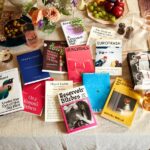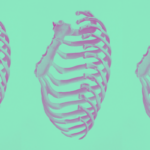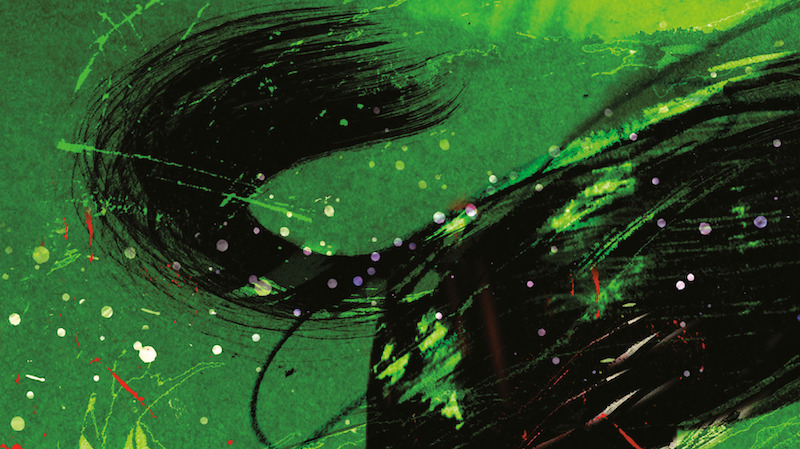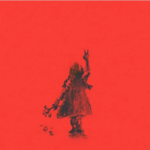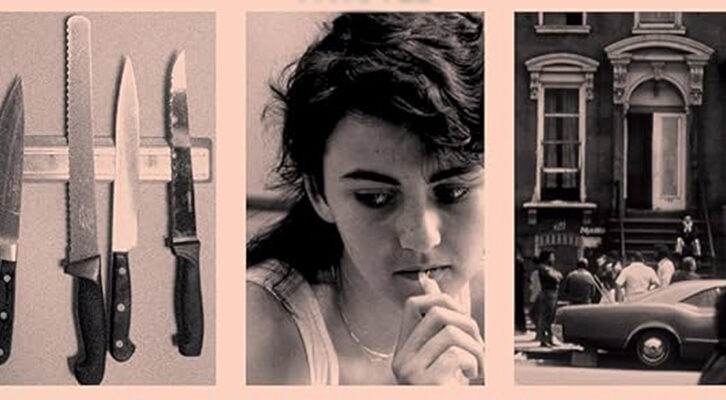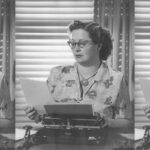You Are Not Your Pain: On Depression, Self-Sabotage, and Emotional Resilience
Matt Haig Considers the Downfalls of Binary Thinking
We are always bigger than the pain we feel. Always. The pain is not total. When you say “I am in pain,” there is the pain and there is the I but the I is always bigger than the pain. Because the I is there even without the pain, while the pain is only there as a product of that I. And that I will survive and go on to feel other things.
I used to struggle with understanding this. I used to think I was the pain. I didn’t always think of depression as an experience. I thought of it as something I was. Even as I walked away from a cliff-edge in Spain. Even as I flew back to my parents’ house and told my loved ones I was going to be okay. I called myself a depressive. I rarely said “I have depression” or “I am currently experiencing depression” because I imagined the depression was the sum of who I was. I was mistaking the film on the screen with the cinema itself. I thought there would only ever be one film playing for all eternity, on rotation. A Nightmare on Haig Street. (Sorry.) I didn’t realize there would one day be showings of The Sound of Music and It’s a Wonderful Life.
The trouble was that I had a very binary view of things. I thought you were either well or ill, sane or insane, and once I was diagnosed with depression I felt I had been exiled to a new land, like Napoleon, and that there would be no escape back to the world I had known.
And in one sense I was right. I never really went back. I went forward. Because that is what happens, whether we try for it or not, we move forward, through time, simply by staying alive. And slowly our experiences change. I, for instance, discovered little moments of happiness or humor within despair. I realized things weren’t always one thing or another thing. They were sometimes both.
And as soon as we notice all that space inside us we have a new perspective. Yes, there is room for a lot of pain, but there is room for other things too. And indeed, pain might be a total asshole, but it can inadvertently show us how much space we have inside. It can even expand that space. And enable us to experience the equivalent quantity of joy or hope or love or contentment at some future point in time.
So, in other words, it is important to always realize our own vastness. Our own rooms. We are multiplexes of possibility.
__________________________________
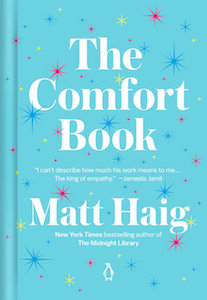
Excerpted from The Comfort Book. Used with the permission of the publisher, Penguin Life, an imprint of Penguin Random House LLC. Copyright © 2021 by Matt Haig.





